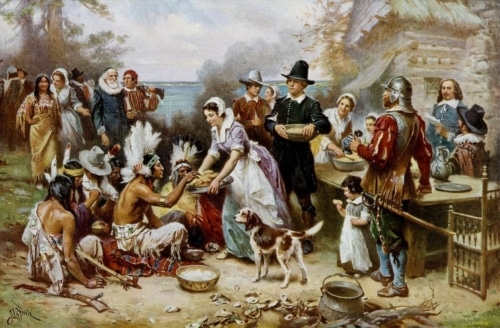Tradition sometimes has a bad name, at least in some church circles. And indeed, tradition can be a poor substitute for a living relationship with God and knowledge of his word. But tradition can also be a very useful teaching tool. And this passage demonstrates how that might be.
“In days to come, when your son asks you, ‘What does this mean?’ say to him, ‘With a mighty hand the Lord brought us out of Egypt, out of the land of slavery.
Exodus 13:14 NIV
After the Exodus, God instructed the people to consecrate the firstborn of both animal and person to him. The sheep, goats, and cattle were to be sacrificed. Donkeys and people could be redeemed with a lamb which was then to be sacrificed. This was a command of God, which became a tradition among the Jews.
But it was a tradition with a built-in teachable moment. It was likely that a child would ask why this consecration to the Lord was done. And when they did, their parents could teach them about the Exodus, about Pharaoh’s refusal to let their ancestors go, and then what God did to deliver them from Egypt.
Today, how many of our church, or family, traditions help us to remember our history? Baptism and Lord’s Supper do. But does anything else? What would cause our children to ask why we do something? Thus giving us an opportunity to teach them.
Tradition, for tradition’s sake, is of little value. But a tradition that can help to teach us about our faith and past can be very beneficial. Always be ready to explain the background of your tradition. Use it as a teaching tool for your children or newer believers.

